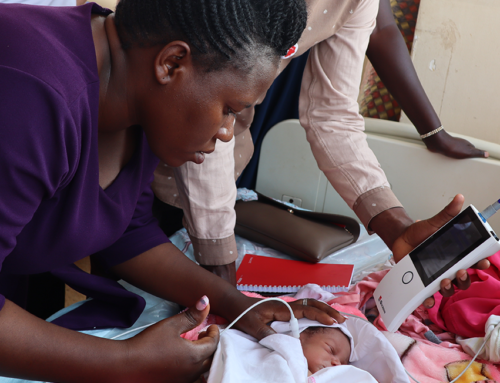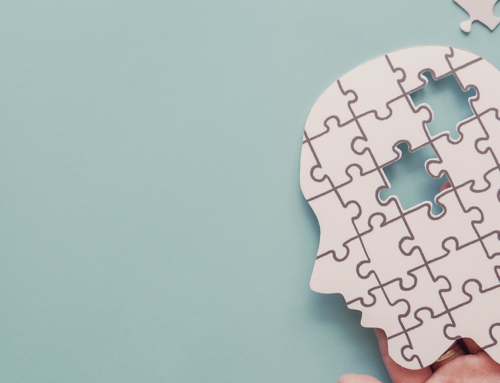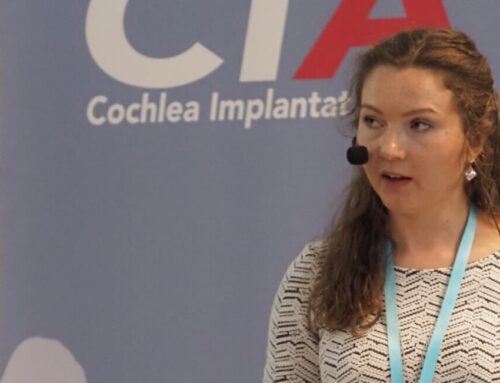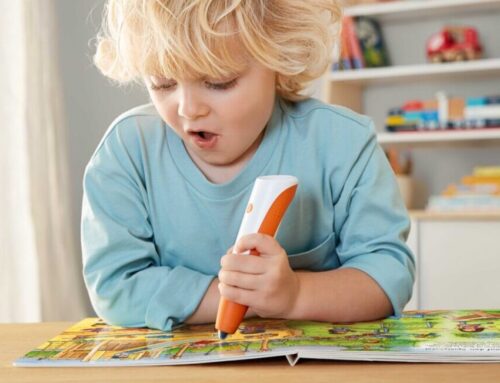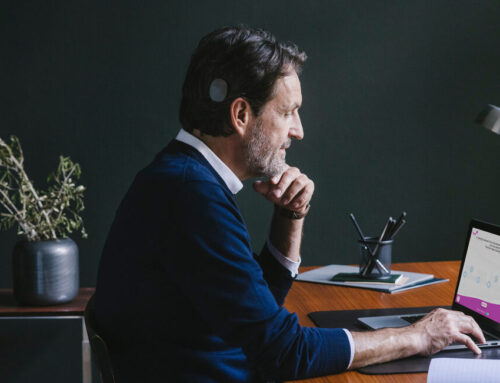Direct effects of Corona on hearing
Direct effects of the Corona virus on ability to hear are the subject of controversial discussion by experts. Indirectly, the pandemic has had an effect as the lockdown has delayed some urgently pending hearing examinations and treatments – some of them having serious consequences.
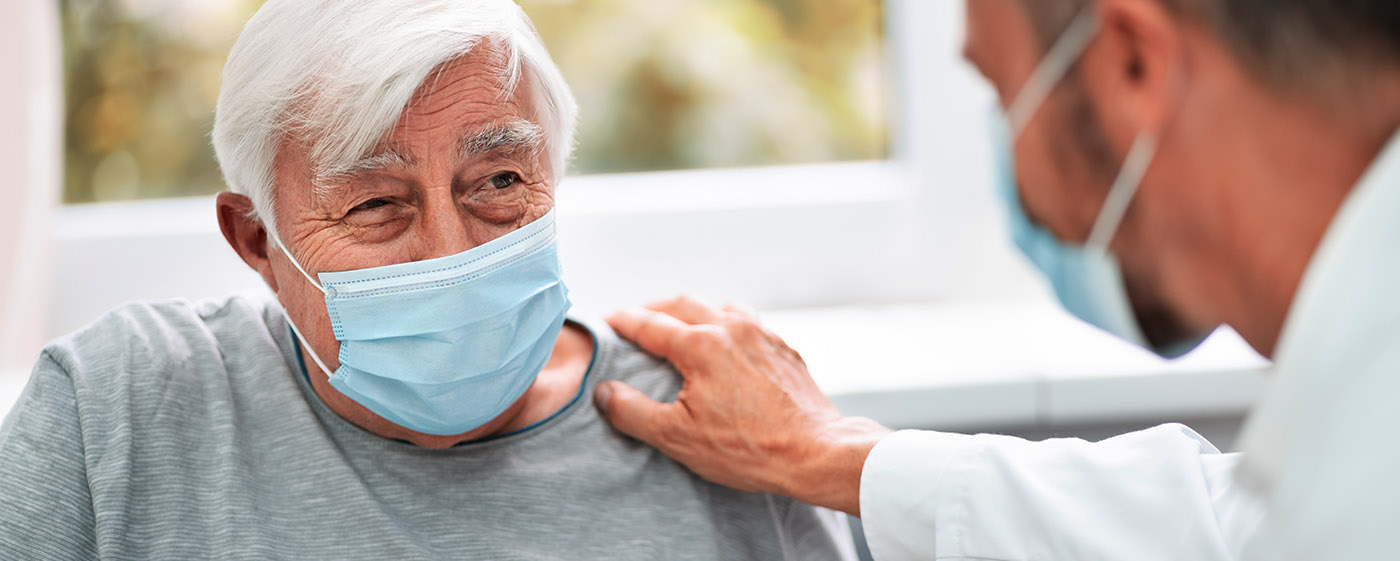
HEARRING is an independent international group of experts in the field of hearing implants for the promotion of research, collaboration and training. Even if no big conferences were possible during the corona crisis, the group was, and is, in constant expert discussion and exchange, including about the special challenges to ENT medicine during and immediately after the corona phase. The specialists, including CIA President Prof. Dr. Wolf-Dieter Baumgartner most recently discussed the special challenges to ENT medicine during and immediately after the crisis in July.
Possible effects of Sars-Cov-19 on hearing have been repeatedly reported, but up to now there has been no study data to give cause to fear of frequent permanent loss of hearing through an infection with this corona virus. However, the pandemic affects the general ENT medical and audiological care for the population.
Corona and hearing: Insufficient provision due to corona!
Along with other ENT challenges caused by Sars-Cov-19, a quarter of those asked in a survey[1] of 67 experts from 42 cities in 10 countries in Europe, Asia, North and South America by HEARRING reported postponements of hearing implant operations due to the preceding hearing tests being delayed. A third of the experts even complained about delayed treatment to hearing-impaired babies because the new-born screenings were not being carried out as normal.
The provision for deaf children and adults is among the urgent treatments in the ENT area: most clinics would only regard a delay of more than three months in the secondary provision on the second side as acceptable. In all other cases they urgently advise fast diagnosis and care – especially after meningitis but also for those born deaf or children who suddenly become deaf. Speech development for them depends on hearing ability. Since babies start to hear before birth, the last stage before birth must also be regarded as “deaf time” for children born deaf.
Crying in the mother tongue
More than ten years ago, a group of scientists in Würzburg, Leipzig and Paris[2] presented the results of their research that show that even new-borns imitate their mother tongue when they are crying. The crying of 30 German and 30 French new-borns were analysed: Whilst German babies cry with tunes that fall, the melody is rising for French babies, and the variance in the volume is also typical of the languages when crying.[3]
Indeed, unborn babies even in the last trimester of pregnancy can hear, perceive the melody of music and speech, and frequently recognise voices heard and associate individual features of speech to certain moods. These early pre-birth experiences then affect the sound of the crying. Therefore, it is not surprising that for children born deaf or with severe hearing loss, an early first cochlear implant enables measurably better outcomes in hearing and speech development.
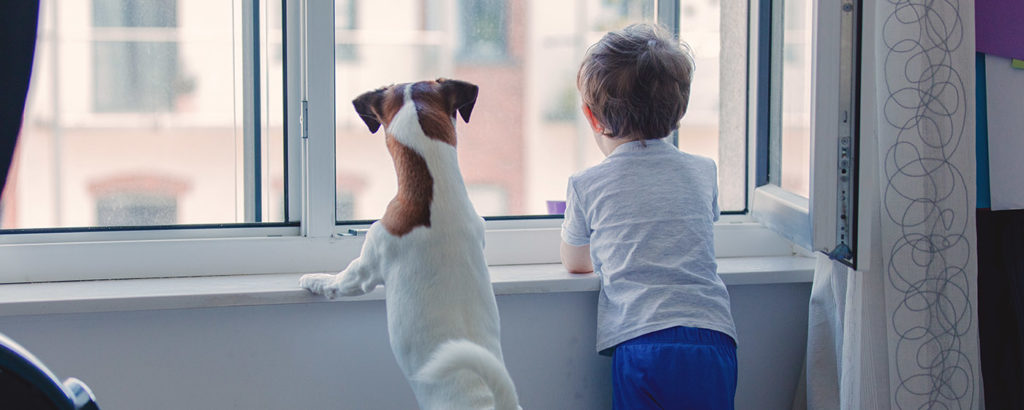
Numerious studies have shown that the earlier the children born deaf are implanted the better success they can achieve with an implant.
Hearing does not tolerate delays
Numerous studies have already shown that the time of fitting of a cochlear implant can significantly influence the success of the implant for children born deaf. If CI children were previously considered as “early-implanted“ if they were fitted with an implant before starting school, today the discussion is centred about the differences in hearing and speech development if children were fitted before or after their first birthday. A group of Scandinavian scientists under Eva Karltorp[4] is now showing that cochlear implants even of infants under nine months old are safe and reliable and lead to a more natural speech development than is the case for children fitted later.
That does not just apply to children, though: It is also known that for adults who become deaf that, along with other factors, the length of time in which the affected person can hear little or nothing also has an impact. The shorter this time is, the better the hearing outcomes with a cochlear implant.[5]
No time to lose!
The experts at HEARRING mostly agree: In general, good hearing ability is an urgent issue. Only the subsequent provision for the other side can tolerate a postponement of no more than a few weeks due to the crisis.
“Offering provision safely for clinicians and patients even during the pandemic is a real challenge“ but the HEARRING survey shows: “at the end of June 2020, most of the clinics surveyed has implemented appropriate provision routines.“ And: “neglecting or delaying diagnosis or treatment can harm the patient.“ Even a persistent pandemic should not be a reason for those affected to postpone impending doctor’s or clinical appointments – postponed appointments should be caught up without delay.
[2] Newborns´Cry Melody is Shaped by Their Native Language, B. Mampe et al., Current Biology 19, 1994-1997, Dec. 15, 2009, DOI 10.1016/j.cub.2009.09.064;
[3] Einblick in diese Forschungsarbeit bietet eine aktuelle Reportage der New York-Times: https://www.nytimes.com/2020/04/15/parenting/baby/wermke-prespeech-development-wurzburg.html
[4] Karltorp E, Eklöf M, Östlund E, Asp F, Tideholm B, Löfkvist U. Cochlear implants before 9 months of age led to more natural spoken language development without increased surgical risks. Acta Paediatr. 2019;00:1–10. https://doi.org/10.1111/apa.14954
[5] vgl. Zeh R, Baumann U, Stationäre Rehabilitationsmaßnahmen bei erwachsenen CI-Trägern, HNO 2015.63:557-576, DOI 10.1007/s00106-015-0037-2
Read more on the effects of Corona on hearing ability: https://lifelonghearing.com/health/hearing-after-covid-19/


